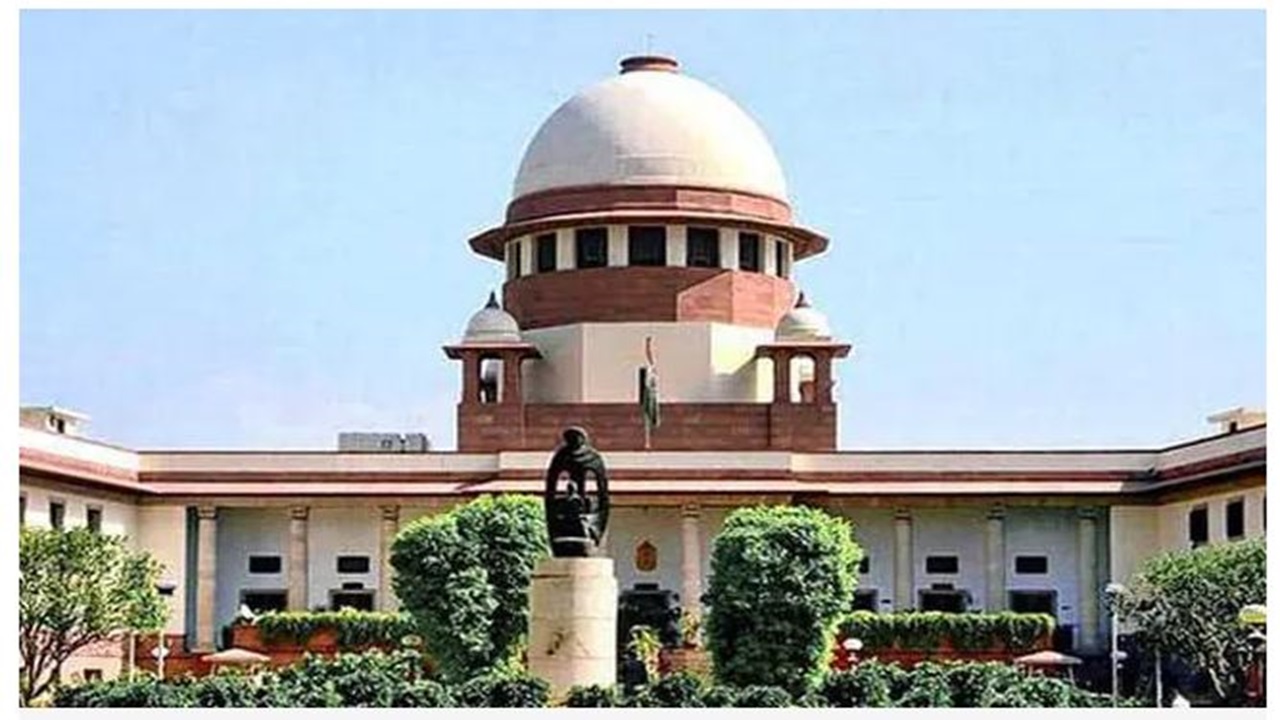
The Delhi High Court has refused to make public the reasons given by the Supreme Court Collegium for rejecting the names recommended by the High Court collegium for judgeship on the grounds that it would be detrimental to the interests of such candidates.
The order was recently passed by the Division Bench of Acting Chief Justice Manmohan and Justice Tushar Rao Gedela.
While dismissing an appeal filed by one Rakesh CA Rakesh Kumar Gupta, the High Court held that the SC Collegium would deliberate and take a decision based on an individual's private information.
If made public, such information would have the effect of stifling the appointment process, noted the Division Bench, adding that the High Court cannot sit in appeal over the subjective satisfaction of the Supreme Court Collegium.
It said the law about appointing judges was well-settled, wherein the Apex Court repeatedly distinguished the eligibility and suitability of a person to be appointed as a judge of the High Court.
It further said that eligibility was an objective factor, determined by applying the parameters or qualifications specified in Article 217(2), whereas, the fitness and suitability of a person were evaluated in the consultative process.
The petitioner had earlier approached the single-judge Bench of the High Court with the plea for directions to the Supreme Court to publish the reasons for rejecting the High Court collegium’s recommendations.
The single-judge Bench had rejected the petition and also imposed a cost of Rs 25,000 on him, leading to the present appeal before the Division Bench.
The petitioner contended that he has the locus to file the writ petition before the Division Bench as he was a resident of Delhi and his cases have been pending in courts due to lack of appointment of judges.
The shortage of judges in High Courts resulted in a lack of supervision of District Courts, which affected the functioning of the District Courts, noted Gupta.
He said the rejection by the Supreme Court Collegium of the recommendations made by the High Court Collegiums regarding the elevation of judges to the High Court was about 35.29 percent in 2023. In 2021, the rejection rate was only 4.38 percent, he added.
The Division Bench ruled that Gupta’s contention regarding the “rejection” of the High Court collegium’s recommendations by the Supreme Court was misconceived.
It said the appellant failed to understand that appointment of a judge to the High Court or the Supreme Court was an integrated, consultative and non-adversarial process, which cannot be challenged in a court of law except on the ground of want of consultation with the named constitutional functionaries or lack of any condition of eligibility in the case of an appointment, or of a transfer being made without the recommendation of the Chief Justice of India.
The Division bench observed that if the petitioner believed that his matters have been delayed, he can file an application for early hearing.
Gupta appeared in person. No one appeared for the Supreme Court.
.png)



_(1).jpg)
.jpg)
.jpg)
.jpg)

.jpg)

.jpg)
.jpg)
.jpg)
